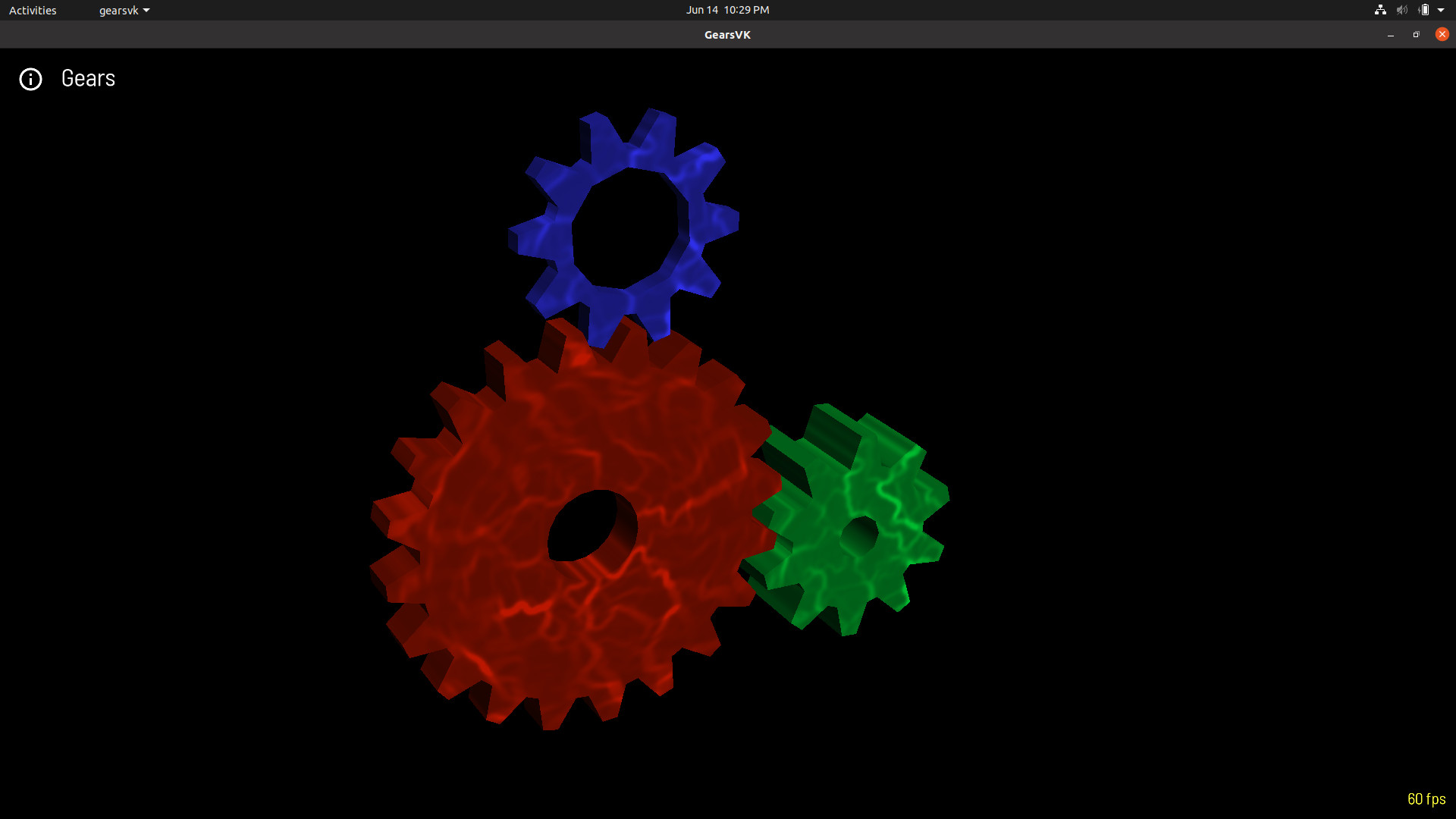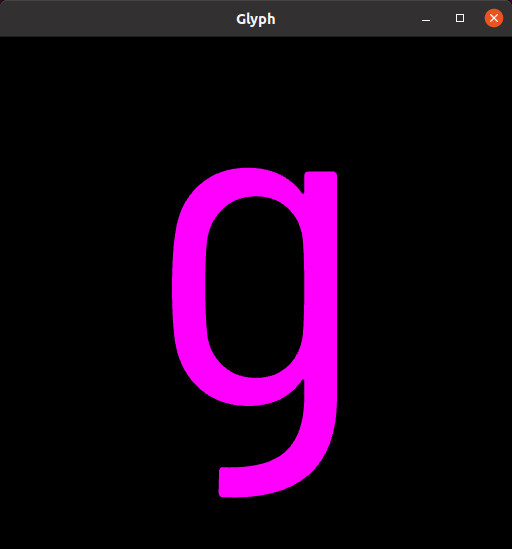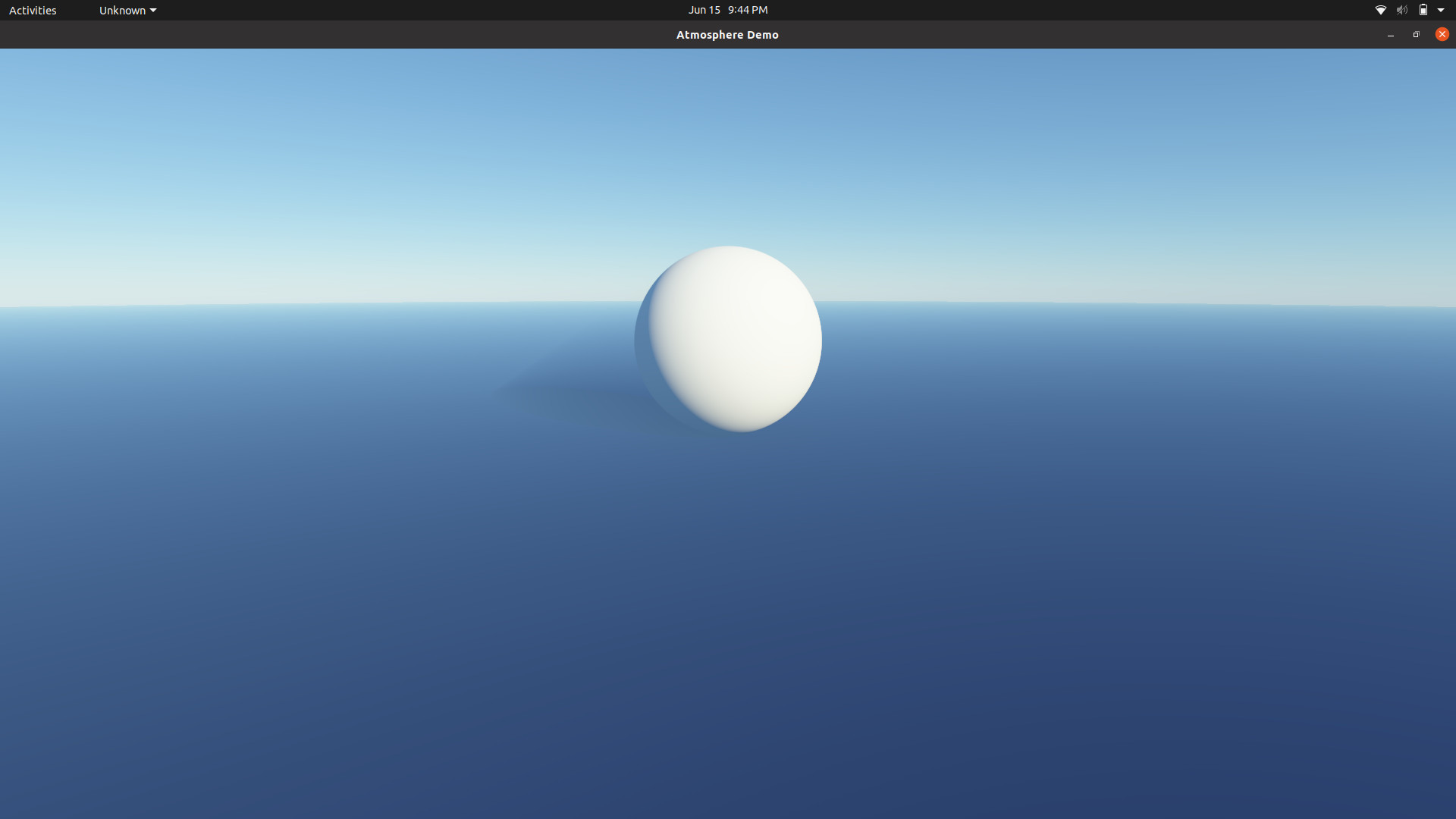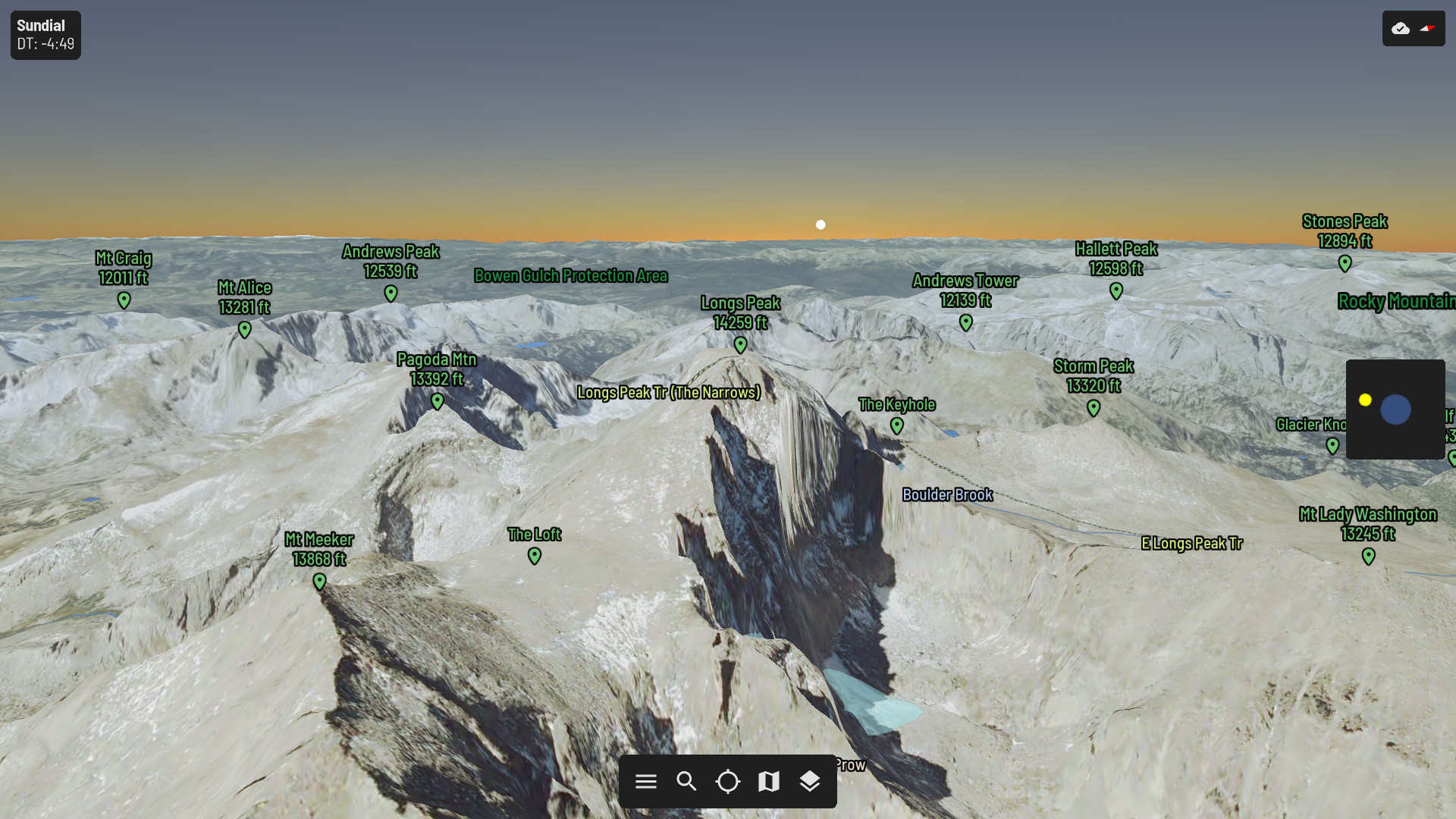The Vulkan Kit (VKK) is a high level graphics API layered on the low level Vulkan graphics API.
Vulkan is very different from the former OpenGL graphics standard due to its low level API. The low level API provides developers with an unprecedented capability to optimze algorithms for each apps workload. Optimized algorithms can greatly impact an apps performance, memory usage, rendering quality and portability. The low level API also allows hardware vendors to provide a much simpler driver thats easier to test resulting in fewer bugs and better consistency across devices. However, an important tradeoff of the low level API is that it requires developers to implement many algorithms that were historically included by the OpenGL graphics driver. Example algorithms include memory management, internal synchronization, data conversion, resource updates and command pooling. These algoritms can be time consuming to develop and may require significant expertise to implement properly.
VKK simplifies development of graphics apps by exposing a high level graphics API which includes support for an important subset of commonly used Vulkan design concepts and underlying graphics algorithms. These include multithreaded rendering, graphics pipelines, secondary command buffers and low overhead resource updates. The underlying Vulkan implementation is abstracted allowing the developer to focus on implementing graphics concepts.
The following sections describe the core, platform, vector graphics and user interface APIs.
The core graphics features exposed by VKK include.
- Single header file (vkk.h)
- Rendering to the display
- Image rendering (e.g. render to texture)
- Image stream rendering (e.g. render to texture)
- Secondary rendering (e.g. render to command buffer)
- Multithreaded rendering, creation and destruction
- Graphics pipeline with vertex and fragment shader stages
- Graphics memory is automatically pooled and suballocated
- Shader support for uniform buffers and images
- 2D and 3D images with optional mipmapping are supported
- Triangles are the only primitive supported
- Transparency, depth clearing, viewport and scissors
- 4x MSAA rendering is supported for the default renderer
- Compute objects
See VKK Core for more details.
The platform features exposed by VKK include.
- Single header file (vkk_platform.h)
- Cross-platform support for Linux and Android
- Application lifecycle management
- Screen density events for UI scaling
- Keyboard, touch and joystick events
- Android sensor events (accelerometer, magnetometer, gyroscope, and GPS)
- Android permissions (location and storage)
See VKK Platform for more details.
The vector graphics features exposed by VKK VG include.
- Single header file (vkk_vg.h)
- Line, polygon and image primitives
- Primitive geometry builders
See VKK VG for more details.
The user interface widgets exposed by VKK UI include.
- Screen
- Widget
- Window
- File Picker
- Input Window
- Bullet Box
- Check Box
- Graphics Box
- Layer
- List Box
- Radio List
- Sprite
- Text
- Text Box
- Separator
- Info Panel
- Status Bar
- Action Bar
- Action Button
- Action Popup
See VKK UI for more details.
The VKK library uses libcc for logging, memory tracking, data structures (e.g. lists/maps), threading constructs and vector math operations. Note that you may find it useful to use the cc_mat4f_perspective() and cc_mat4f_orthoVK() functions to prepare the perspective projection and orthographic projection matrices since viewport origin has flipped from OpenGL to Vulkan.
Resource file support is provided by libbfs and SQLite.
Image support is provided by texgz, lodepng and myjpeg.
XML support is provided by xmlstream and libexpat.
Tesselation support for VKK VG is provided by libtess2.
Android platform support is provided by vkk-java.
The app must provide a resource file which may contain shaders, images, icons, fonts and any other resources. The VKK VG/UI modules require special resources to be packed into the app resource file. The resource file is named resource.bfs and can be generated by the BFS tool found at libbfs/bfs.
The resource file must be installed at the engine resource path (where APP_DIR is defined by VKK_PLATFORM_INFO).
Android: app/src/main/assets/resource.bfs
Linux: ~/APP_DIR/resource.bfs
The following script is an example for how to generate a resource file.
Gears VK is a port of the famous "gears" demo to VKK.
Glyph is an experimental glyph rendering demo.
Precomputed Atmospheric Scattering is another port of a sample app to VKK.
Trekking Maps is a free commercial app which is available on the Google Play Store.
The VKK VG and VKK UI modules are also built on top of the VKK Core library.
The Neural Network library (libnn) optimizes performance with VKK compute.
See xsq-test for a compute example which demonstrates how to square an array of numbers.
See xsum-test for a compute example which demonstrates how compute the sum of an array of numbers using shared memory for intermediate results.
The VKK library was developed by Jeff Boody under The MIT License.
Copyright (c) 2019 Jeff Boody
Permission is hereby granted, free of charge, to any person obtaining a
copy of this software and associated documentation files (the "Software"),
to deal in the Software without restriction, including without limitation
the rights to use, copy, modify, merge, publish, distribute, sublicense,
and/or sell copies of the Software, and to permit persons to whom the
Software is furnished to do so, subject to the following conditions:
The above copyright notice and this permission notice shall be included
in all copies or substantial portions of the Software.
THE SOFTWARE IS PROVIDED "AS IS", WITHOUT WARRANTY OF ANY KIND, EXPRESS OR
IMPLIED, INCLUDING BUT NOT LIMITED TO THE WARRANTIES OF MERCHANTABILITY,
FITNESS FOR A PARTICULAR PURPOSE AND NONINFRINGEMENT. IN NO EVENT SHALL THE
AUTHORS OR COPYRIGHT HOLDERS BE LIABLE FOR ANY CLAIM, DAMAGES OR OTHER
LIABILITY, WHETHER IN AN ACTION OF CONTRACT, TORT OR OTHERWISE, ARISING FROM,
OUT OF OR IN CONNECTION WITH THE SOFTWARE OR THE USE OR OTHER DEALINGS IN
THE SOFTWARE.



